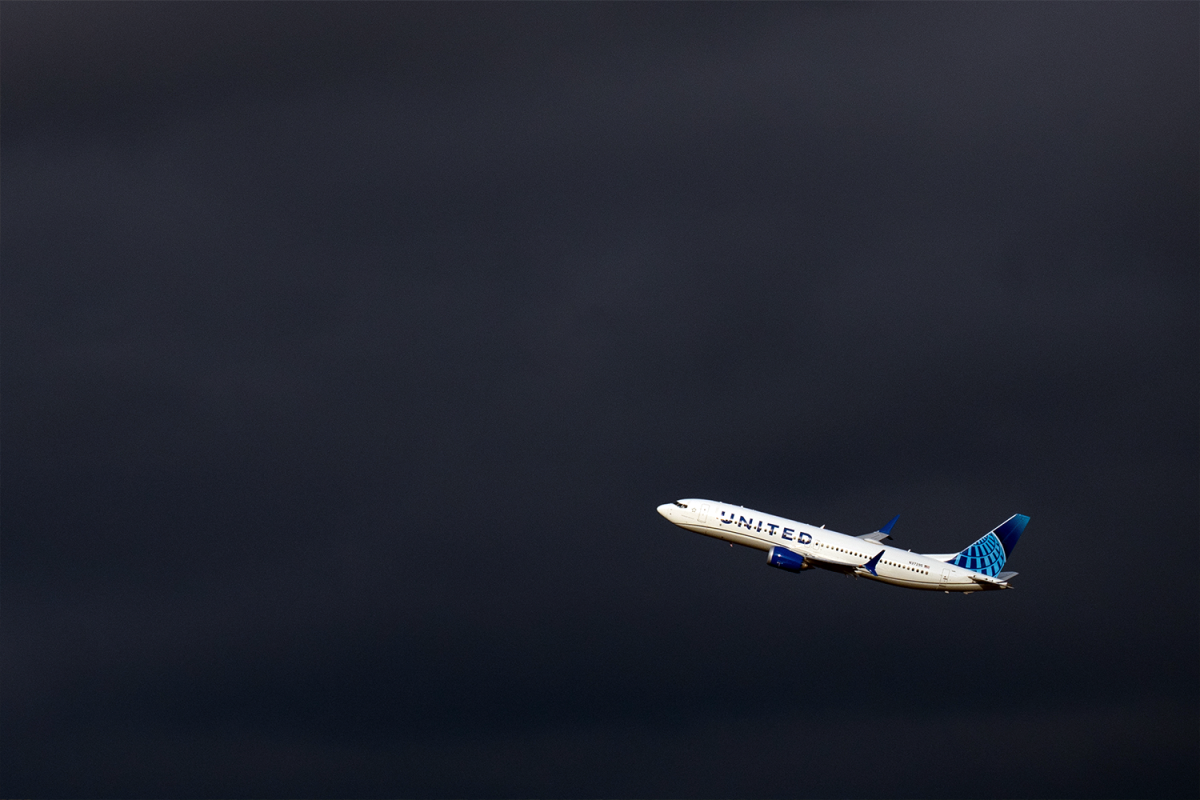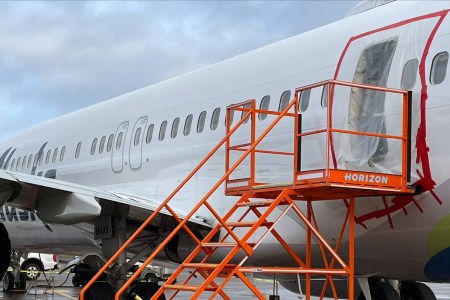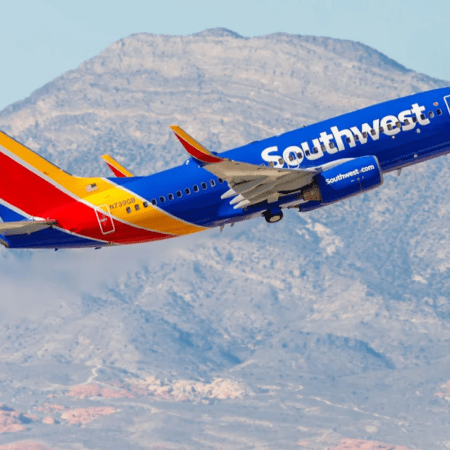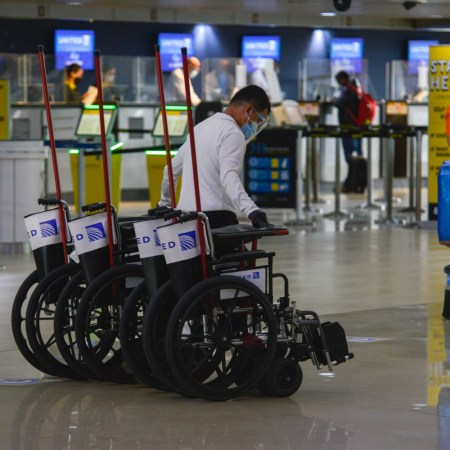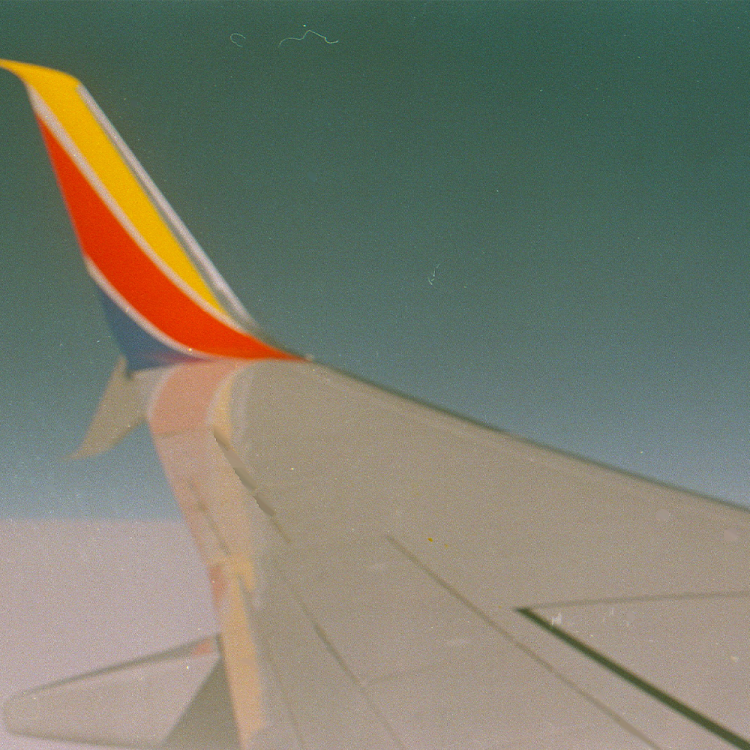You’d be forgiven if, prior to January 5, 2024, you weren’t perfectly versed in Boeing aircraft, the 737 Max 9 chief among them. That said, following that fateful Alaska Airlines flight — the one where the door plug blew out — there’s been a sudden uptick in plane model experts, with even fair-weather fliers making it a point to check the aircraft type before booking (some travelers are refusing to fly on the Max, full stop).
The good news for the 737 Max 9 averse is that there are only two major U.S. airlines that operate the Max. Further, the Federal Aviation Administration ordered them to ground it. In doing so, however, United has reportedly amassed a pre-tax loss of $164 million, reflecting a $200 million hit, per Forbes. It’s worth noting that the loss is still a $92 million improvement over the same quarter last year, but had it not been for the Alaska Airlines incident, United would’ve turned a profit in the first quarter.
As it stands now, the path forward remains unclear. As the Forbes report notes, United is intrinsically linked to Boeing. “Certification delays for the Max 7 and Max 10 have hampered the airline’s longer-term plans to shift to larger aircraft,” Suzanne Rowan Kelleher writes. “United, which had initially expected to receive 80 Max 10s in 2024, will not receive any this year. Last month, United canceled its Max 10 order and told Boeing to build Max 9s instead from 2025 to 2027.”
Does an Alaska Airlines Flight Losing its Door Plug Qualify as a Crime?
The FBI has contacted passengers on the fateful flightIn the interim, the carrier has also signed letters of intent to lease 35 new Airbus A321neos for 2026 and 2027.
“We’ve adjusted our fleet plan to better reflect the reality of what the manufacturers are able to deliver,” United CEO Scott Kirby said. “And, we’ll use those planes to capitalize on an opportunity that only United has: profitably grow our mid-continent hubs and expand our highly profitable international network from our best in the industry coastal hubs.”
Of course, United isn’t the only carrier being impacted. Last week, Reuters reported that — due to production issues at Boeing and Airbus — passenger carriers are expected to receive 19% fewer aircraft this year than previously expected. U.S. carriers will receive even fewer — 32% fewer —which doesn’t bode particularly well for the impending summer travel season.
All this off the International Air Transport Association (IATA) prediction from late last year that we would see a 9% annual growth in global airline capacity in 2024.
This article appeared in an InsideHook newsletter. Sign up for free to get more on travel, wellness, style, drinking, and culture.
